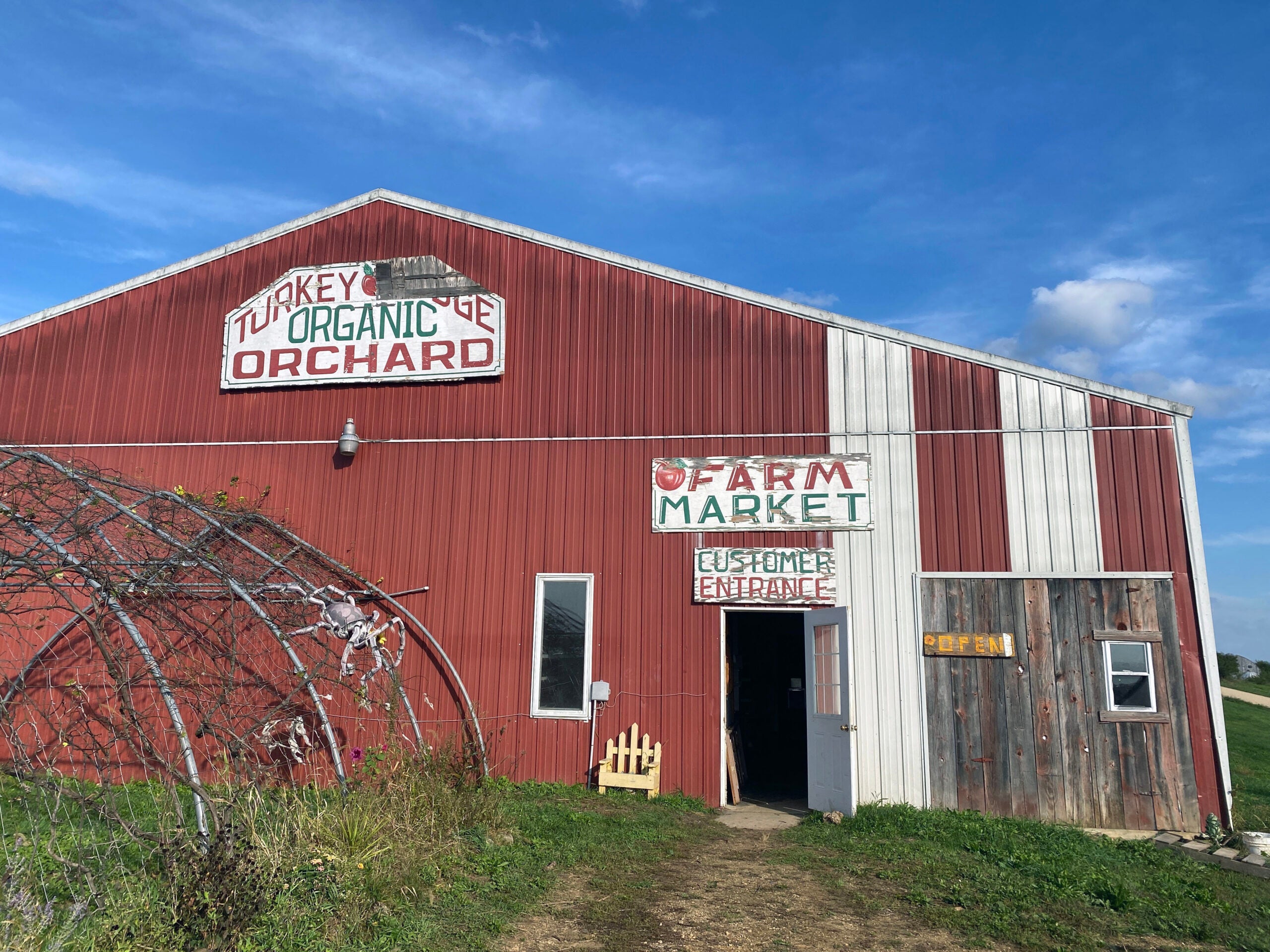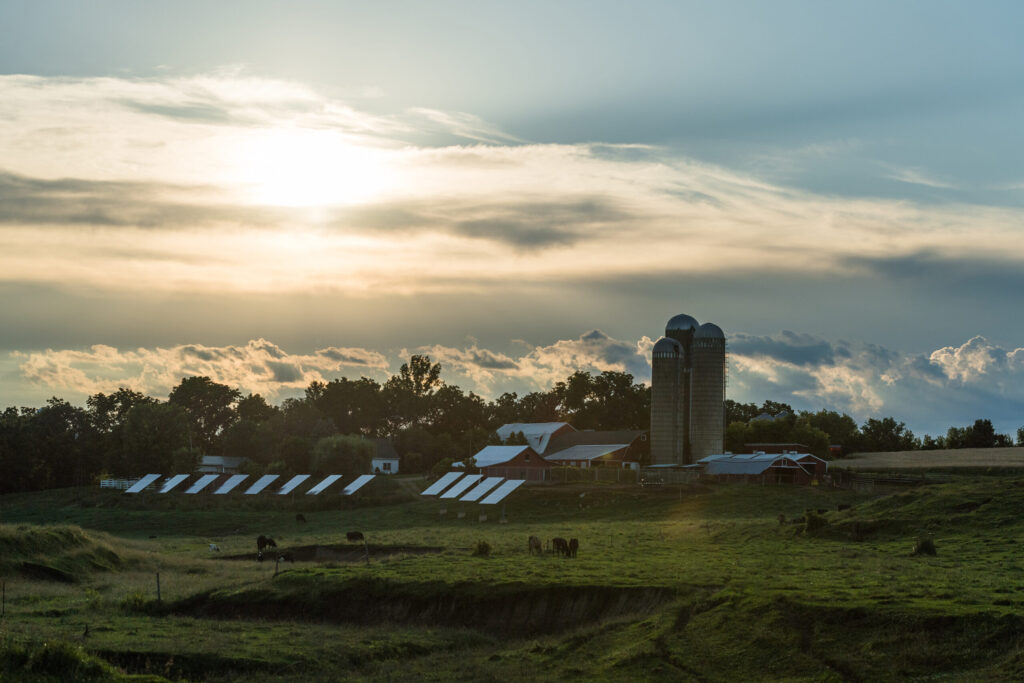According to the United States Department of Agriculture, Wisconsin is home to 1,455 certified organic farms covering 245,333 acres, second only to California in number of farms.
Jennifer Tucker, deputy assistant secretary for the USDA’s National Organic Program, said nationally, the organic food industry has sales of just under $70 billion and is growing.
Tucker explained that because of this continued growth, the USDA stepped up enforcement of organic standards earlier this year.
Get the latest news
Sign up for WPR’s email newsletter.
“Any time a market grows and becomes more complex, like the organic market, we have to step up,” Tucker recently told WPR’s “Wisconsin Today.”
“The United States imports products from all over the world from farms certified to USDA standards,” she continued, “and new rules were needed to further protect the supply chain so that when you pick up and choose an organic product, you can know it means what we say it means.”
New rules that strengthen enforcement of the growing, handling and sale of organic produce were approved as part of the 2018 Farm Bill and began going into effect in March.
Tucker spoke to Wisconsin Today about why stricter rules are necessary and how organic farms are regulated.
The following has been edited for clarity and brevity.
Kate Archer Kent: Why do you think shoppers continue to buy organic foods?
Jennifer Tucker: Organic agriculture is a climate-smart food solution. It emphasizes natural processes and minimizes the use of synthetic substances. No genetically modified or GMOs are allowed. Organic agriculture is truly environmentally friendly agriculture. It supports soil and water health and biodiversity, which is why many consumers choose organic products.
“Going organic and maintaining that certification is truly a labor of love.”
Jennifer Tucker
KAK: What does “USDA Standards Certified” mean? What factors are taken into consideration when classifying a food as organic?
JT: You’d be amazed at how many calculations go into protecting the integrity of organic. For example, think about a granola bar or cereal. It has oats, almonds, dried cranberries, and chocolate. For that granola bar to be organic, all of those ingredients have to be organic. That means you have to trace that product from the time the seed was planted on the farm all the way to the packaging of that organic product.
Farms must not allow more organic product to leave the farm than can be grown on the farm. When warehouses and processing facilities receive a quantity of organic oats for further processing, they must not allow more product to leave the facility than can be labeled organic.
Organic products can be traced from farm to fork, which is one of the benefits of organic standards.
KAK: We’re going to have farmers and producers here and talk to them about the process for their farms to get certified organic. How do farms get into the system?
JT: I have a lot of respect for organic farmers and those who have really invested. Their land must go through a three-year transition period where it is free of banned substances. Farmers must rotate crops, practice pest control, and effectively manage soil fertility. They implement natural resource conservation. They protect biodiversity. Going into organic farming and maintaining that certification is truly a labor of love. They document all of that in their Organic System Plan.
 Turkey Ridge Organic Orchard is an apple orchard in Gays Mills, Wisconsin. The farm and orchard spans more than 30 acres and is nestled in the rolling hills of the Kickapoo River Valley. Diane Bezucha/WPR
Turkey Ridge Organic Orchard is an apple orchard in Gays Mills, Wisconsin. The farm and orchard spans more than 30 acres and is nestled in the rolling hills of the Kickapoo River Valley. Diane Bezucha/WPR
All organic farms are inspected at least once a year. An inspector comes and sees what the farmer is going to do to comply with the standards and makes sure they do it. It’s a lot of work, but we want to help (organic farmers) in any way we can.
KAK: I have heard that obtaining and maintaining organic certification requires a huge amount of paperwork for farmers and is administratively labor-intensive.
JT: Organic systems definitely have an added component of record-keeping. Farmers in organic systems learn those processes early on, and most farmers report that once they understand them, they know what’s needed – so record-keeping becomes a natural part of running the business.
Wisconsin Public Radio, © Copyright 2024, University of Wisconsin System Board of Regents and Wisconsin Educational Communications Commission.


